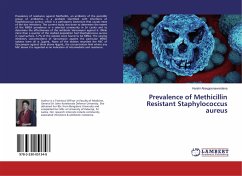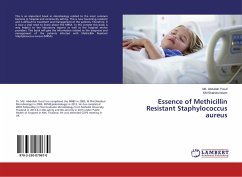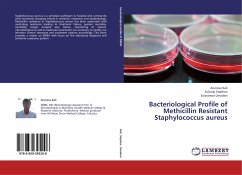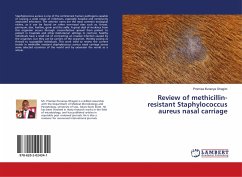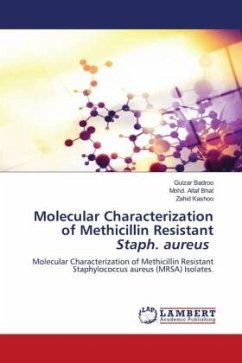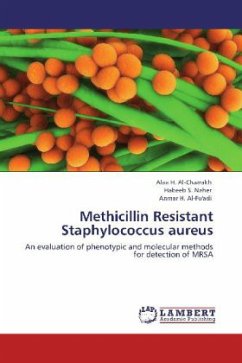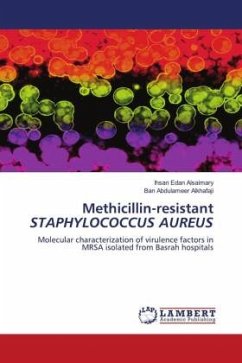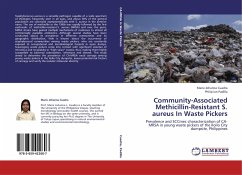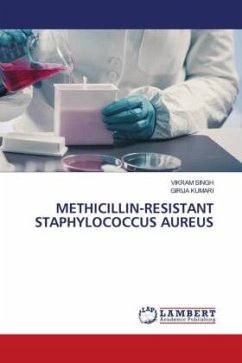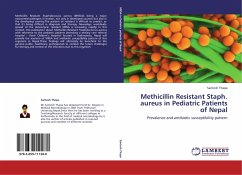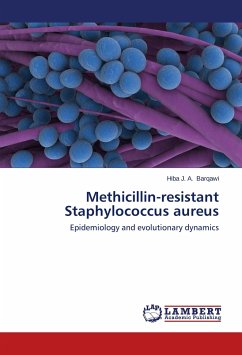
Methicillin-resistant Staphylococcus aureus
Epidemiology and evolutionary dynamics
Versandkostenfrei!
Versandfertig in 6-10 Tagen
20,99 €
inkl. MwSt.

PAYBACK Punkte
10 °P sammeln!
Staphylococcus aureus is widely recognized as the most significant nosocomial pathogen due to its virulence potential and because the species has acquired resistance to almost all current antibiotics. S. aureus is also an important cause of community-acquired sepsis worldwide. MRSA bacteraemia rates in the UK and internationally remain high and MRSA is endemic in many units despite widely publicized control regimens prompted by public concerns. Although it is known that in the UK 95% of nosocomial MRSA bacteraemia is caused by one of two major MRSA lineages, we know relatively little about the...
Staphylococcus aureus is widely recognized as the most significant nosocomial pathogen due to its virulence potential and because the species has acquired resistance to almost all current antibiotics. S. aureus is also an important cause of community-acquired sepsis worldwide. MRSA bacteraemia rates in the UK and internationally remain high and MRSA is endemic in many units despite widely publicized control regimens prompted by public concerns. Although it is known that in the UK 95% of nosocomial MRSA bacteraemia is caused by one of two major MRSA lineages, we know relatively little about their epidemiology. It has been difficult until recently to track the variants of these isolates that cause outbreaks of disease. High resolution multilocus DNA sequencing methods have been developed that can address this issue to provide for the first time a detailed analysis of S. aureus and MRSA genotypes. MRSA is changing from an infrequent cause of colonization to a persistent and costly cause of morbidity and mortality in hospitals and now increasingly in the community. The changes in MRSA epidemiology are impacting human health and will continue to do so.



